As Chile heads into its presidential election on Sunday, voters are gripped not by economic reform or social policy, but by crime, immigration, and organised gangs—a dramatic shift from the left-wing optimism that defined the previous cycle.
Chileans say their biggest worry now is security. According to an October survey by Ipsos, 63 % of respondents in Chile cited crime as their top concern—placing the country second out of 30 surveyed nations, including Mexico, Colombia and South Africa.
Despite Chile remaining one of Latin America’s safer nations, the murder rate has more than doubled since 2015—from 2.32 per 100,000 in 2015 to about 6.0 in 2024. Kidnappings hit a new high in 2024, reaching 868, with roughly 40% tied to organised crime.
Much of this surge is concentrated along Chile’s northern desert borderlands with Peru and Bolivia, where a wave of mostly Venezuelan migrants has entered the country. The figure jumped from 82,998 in 2017 to 669,408 in 2024.
Local residents, in towns such as Colchane, once left doors unlocked; now they tell of break-ins, robberies and even the murder of an 85-year-old woman in recent months.
The migration debate has become entwined with the security one—85.2 % of Chileans said they felt socially distanced from Venezuelans by 2025, up from 55.2 % in 2019.
At the heart of the organised crime story is the trans-national gang known as Tren de Aragua. Originally from Venezuela, it has established cells across Chile. Authorities say its crimes include extortion, contract killings, kidnapping, torture—and a network that spans banking secrecy and money-laundering.
Officials say they have arrested hundreds of its members and recently targeted its financial operations as an essential next step to cracking organised crime.
In the run-up to Sunday’s vote, right-wing candidates are emphasising tougher enforcement, stricter border controls and heavy-handed strategies against gangs and irregular migration. Meanwhile the current administration rejects purely punitive approaches and argues for legal reform, increased prosecution capacity and banking transparency.
With policing and public safety climbing to the top of the electoral agenda, Chile’s election has become a referendum on how to contain a wave of violent crime once largely unheard of in the country.
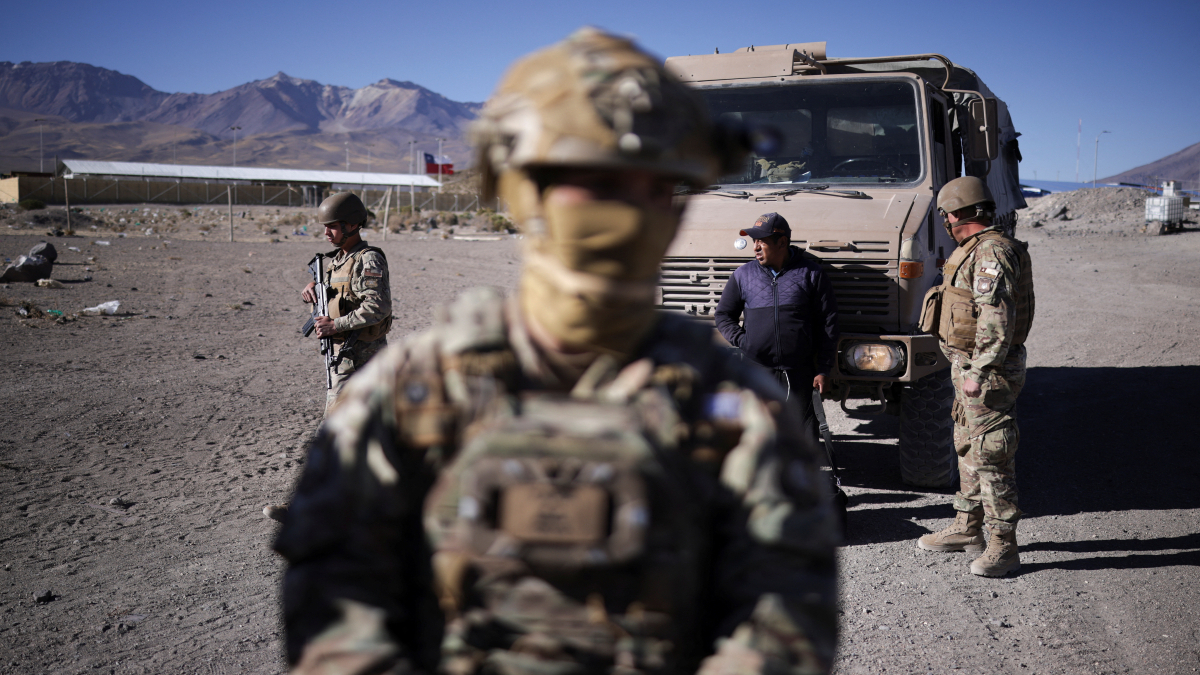
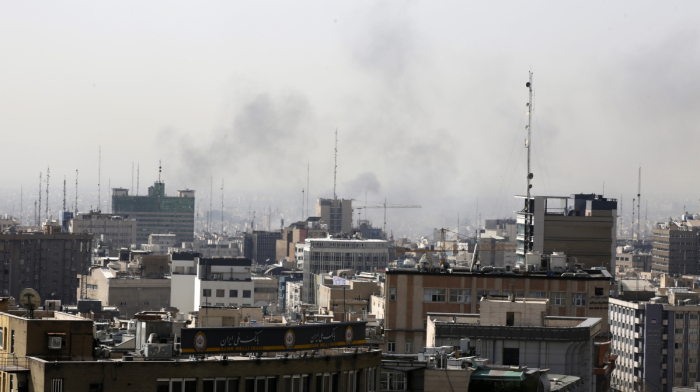

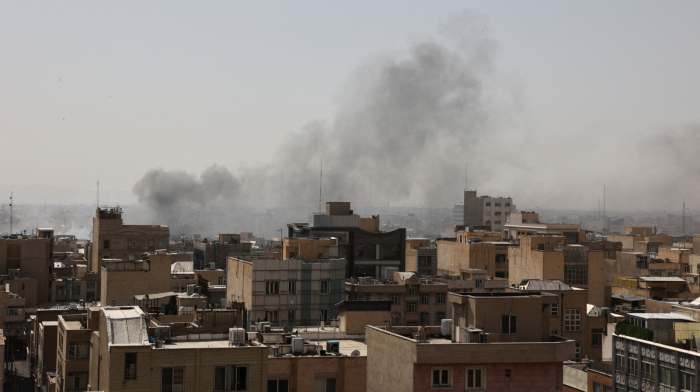
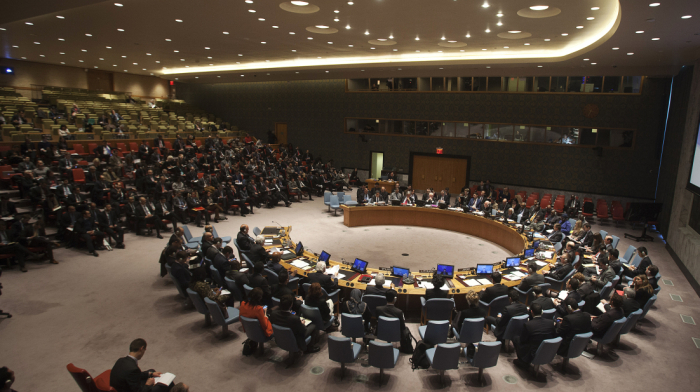
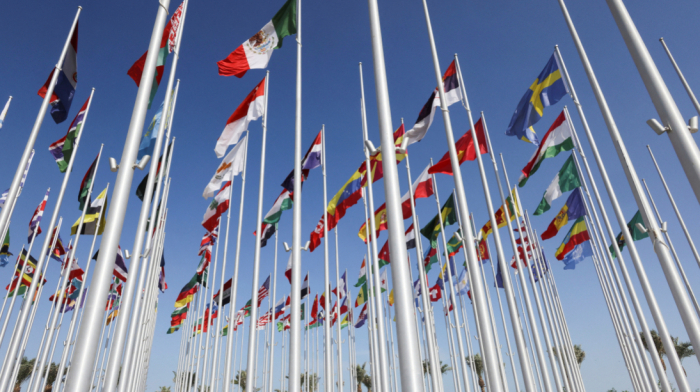



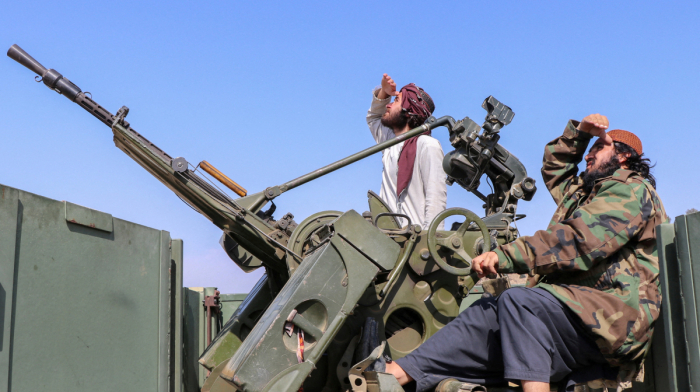
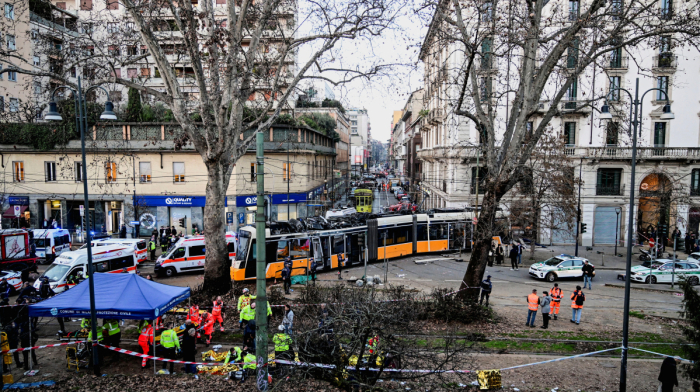
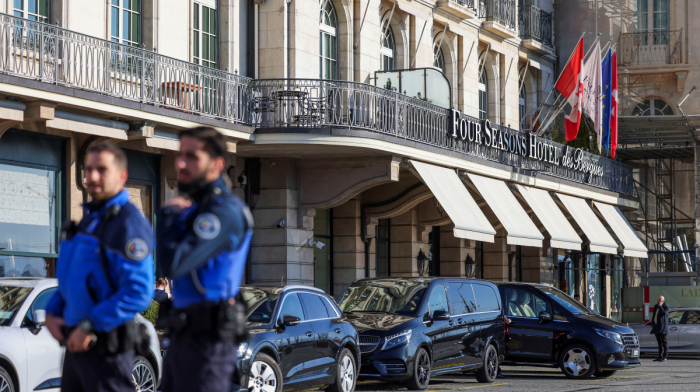
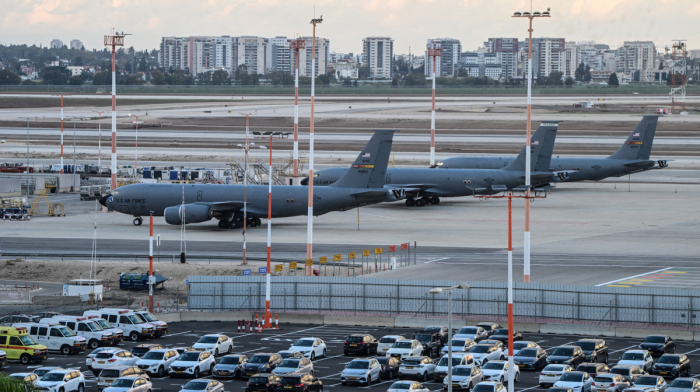
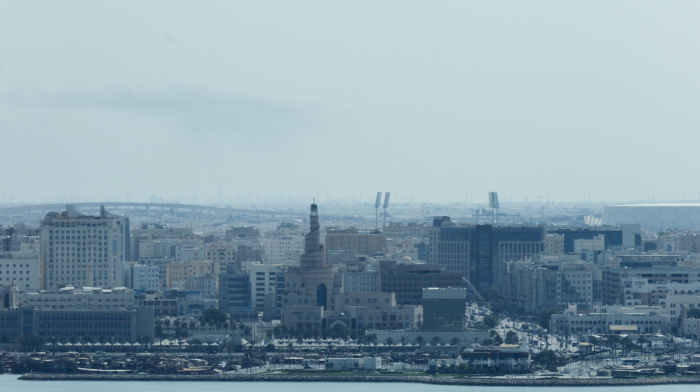

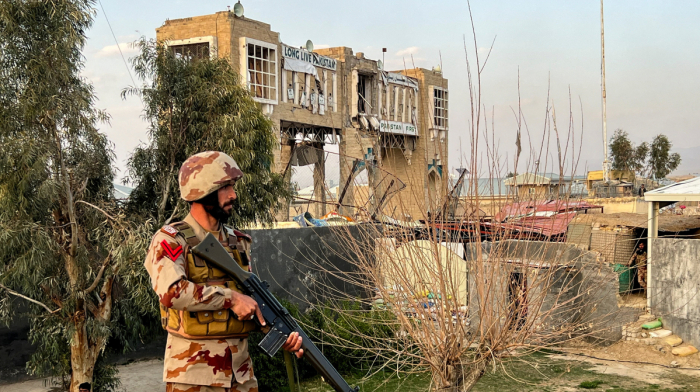



What is your opinion on this topic?
Leave the first comment